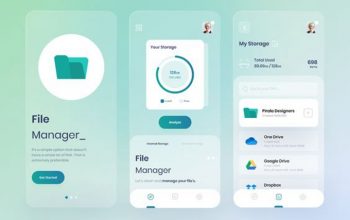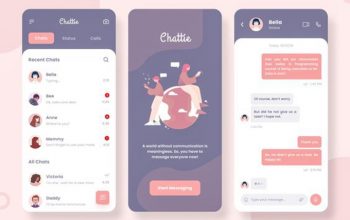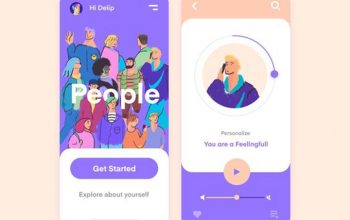Let’s discuss what metadata is and the way it differs within the App Store and Google Play. Metadata refers to fields full of details about an app. They’re divided into textual content (title, subtitle, promo textual content, quick and full description) and visible (icon, screenshots, video).
Table of Content
- App Store and Google Play
- fortnite marketing strategy
- buy keyword installs
- google play app search optimization
Some metadata fields are listed by App Store and Google Play search algorithms, which signifies that key phrases in them enhance rankings.
1. Don’t use areas within the App Store key phrases area
That is the primary and most vital rule to recollect when filling out the key phrases area within the App Store. You don’t want areas; it is sufficient to separate phrases with commas and the system will routinely perceive them. Don’t waste characters on areas: due to this, chances are you’ll not match all the required key phrases.
2. Put an important key phrases within the app title
The title has the strongest affect on app rankings in search, so it’s best to put an important and high-frequency key phrases there.
On the identical time, phrases from the title and subtitle (App Store) or quick description (Google Play) ought to kind as many phrases as doable. Then you’ll rank for extra search queries.
For instance, the publishers of the Duolingo app used the phrase “language” within the title and added the phrases “spanish”, “french”, “german” within the key phrase area. On this case, the app shall be ranked for the phrases “spanish language”, “french language”, “german language”.
A very powerful key phrases also needs to be positioned earlier within the title, as they may have the best influence on indexing.
3. The title ought to be informative
Be sure that the title just isn’t an incoherent set of key phrases. The person primarily pays consideration to the title and will instantly perceive what your app is for and what they will do with it. Due to this fact, it’s important that the app title speaks about its options and motivates the person to obtain it.
For instance, the Meditopia app has a transparent and concise identify. It’s instantly clear that the app will assist customers with meditation, sleep, and respiration.
4. Use extra localizations within the App Store
Further localizations solely work within the App Store and mean you can present customers the app web page of their language. With extra localizations, you get 160 extra characters to rank for (30 for the title, 30 for the subtitle, and 100 for the key phrases). You possibly can add search queries in one other language which have visitors within the chosen nation. For instance, in Canada, along with the main language English (CA), you possibly can add metadata in French (CA). Examine all accessible localizations within the App Store.
If you’re not enthusiastic about customers from the extra locale, you possibly can add queries for the first locale to it. For instance, you don’t wish to create separate metadata for Spanish (MX) within the US. Then, you should utilize this locale for the favored US queries that didn’t slot in the primary area.
5. Don’t add misspelled key phrases to app metadata except there are ample Every day Impressions
The App Store has an autocorrect function that corrects typos in queries. Google Play additionally suggests correcting misspelled phrases. Nevertheless, some requests will not be routinely corrected by the system and nonetheless have visitors. You should use such queries in metadata.
To resolve whether or not to make use of a question within the metadata, first see if the App Store and Google play autocorrects this phrase and verify its Every day Impressions with Key phrase Explorer. This metric will allow you to see the variety of impressions per question per day. For instance, the question “languge” has 44 Every day Impressions. You possibly can add this key phrase to the metadata if you wish to rank for low-frequency queries.




